By Joe DiBenedetto
In the dynamic environment of K-12 public schools, the importance of ethical communication cannot be overstated. As communications professionals, our primary goal is to foster trust and support within the school community, ensuring transparency, honesty, and respect are at the forefront of every message we deliver.
Ethical communications play a crucial role in building a solid foundation of trust. When parents, students, staff and residents throughout the community believe that they are being informed truthfully and transparently, their confidence in the school district grows. This trust becomes particularly vital during times of crisis or change, where clear and honest communication can mitigate fear and uncertainty. For instance, when a school faces a significant incident such as a safety threat, providing timely and accurate information reassures the community that the district is handling the situation effectively and with integrity.
Collaboration with the school district’s legal counsel is equally essential to ensure that your communications adhere to legal guidelines. Legal counsel provides invaluable insight into what can and cannot be shared, helping to navigate these complex landscapes. For example, during a student disciplinary action that garners public attention, it is crucial to balance transparency with confidentiality and legal obligations. Legal counsel can guide you on the boundaries of student privacy laws, ensuring you respect these limits while still addressing the community’s concerns.
However, as communications professionals, we must also feel empowered to advocate for the district’s reputation and its relationship with the community. This advocacy sometimes means pushing back against legal counsel’s advice when it threatens to damage the district’s credibility. For instance, if legal counsel advises withholding information about a school policy change that impacts students’ daily routines, it is our responsibility to stress the importance of proactive communication. By explaining the potential fallout of keeping the community in the dark, we can work together to find a legally sound approach that maintains transparency and trust.
The synergy between ethical communications and legal guidance is pivotal in strengthening a school district’s relationship with its community. By upholding ethical standards and collaborating closely with legal counsel, we ensure that our communications not only comply with the law but also foster an environment of trust and support. This balance ultimately enhances the district’s reputation and reinforces the community’s confidence in its schools.
Joe DiBenedetto, education chair at Lambert by LLYC, is co-presenting with Kevin Sutton, education chair at Miller Johnson, at this year’s National School Public Relations Association Annual Seminar in Seattle on Tuesday, July 16. The title of their presentation is “Privacy Rights vs. Parent Rights: When Ethics and Legal Guidance Don’t Align.”

